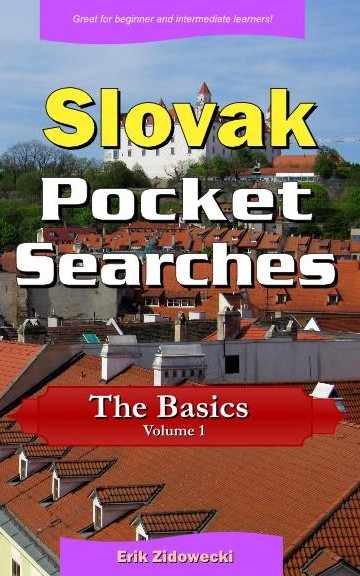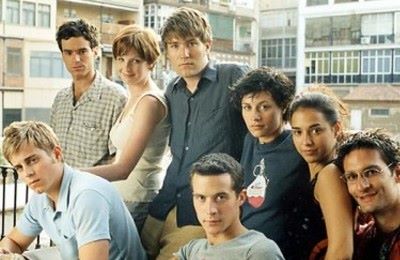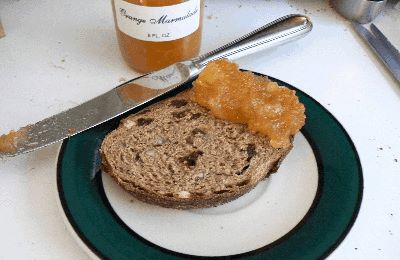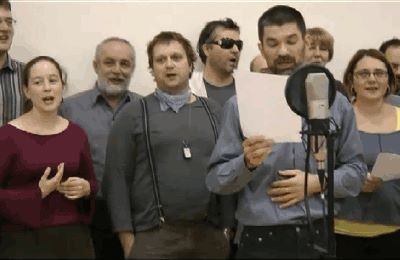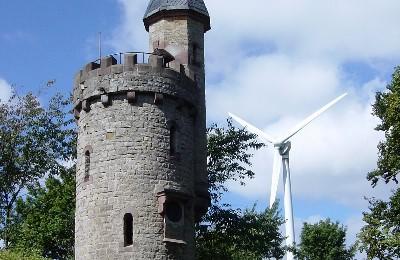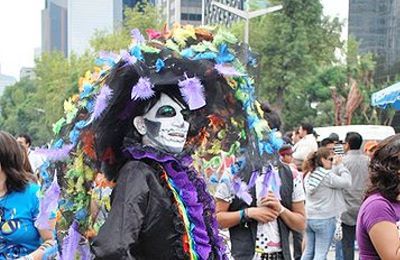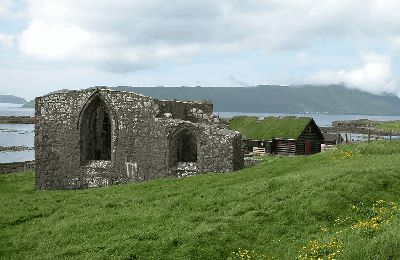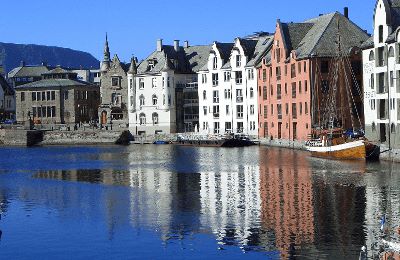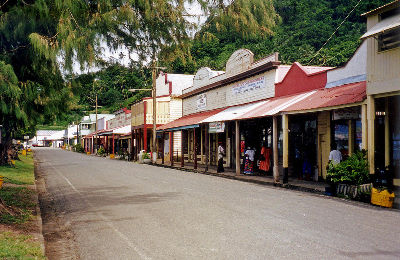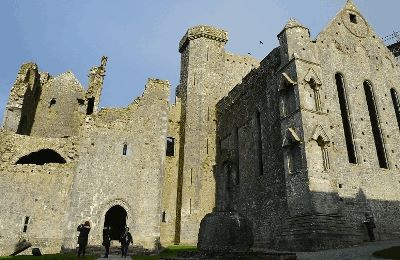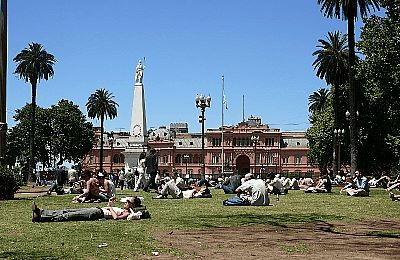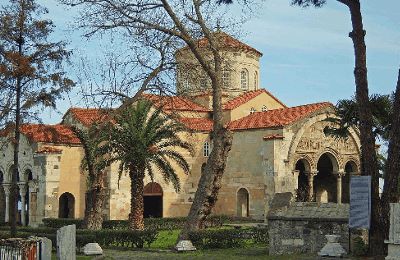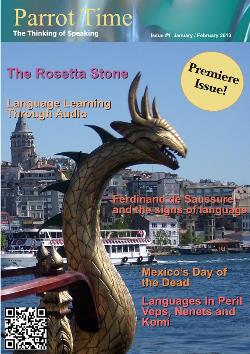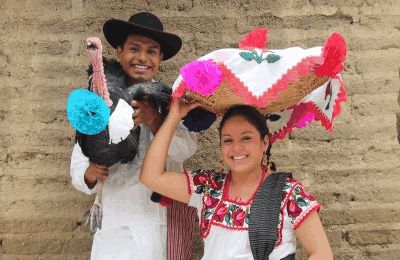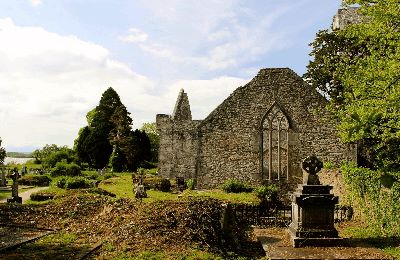|
Although born as a fishing village in the 14th century, this city had gone through tremendous changes in its lifetime. Basque fishermen moved into its area in the 16th century, and it fell mostly under Roman Catholic influence. It proceeded to then isolate itself from the rest of its country. The village was "found" at the end of the 19th century by European painters, creating a sort of Renaissance phenomenon. Books in the 1870's told of the village's charm, and, with the help a local entrepreneur who took the opportunity to promote the village, organized tourism blossomed. In modern day, a hotel restaurant bares his name and contains a large collection of paintings he collected as payment for services rendered. Sadly, at the start of the 20th century, reclamation of a shallow inlet ended this village's livelihood, as many dikes were built which turned the once thriving fishing waterways into farmland. |
To survive, the village needed to diversify, and started bringing in even more "outsiders". It also reformed itself, suppressing some of its customs and costumes to become more "modern", much like Russia did under Peter the Great. Except that this wasn't dictated by a powerful leader, but rather by the need to survive as a community. In the fifty-one years between 1938 and 1989, the population exploded from a mere 1,000 to 17,000. Today, it still manages to retain much of its historical charm, even promoting the costumes it once worked to suppress. It has become one of the richest "villages" of its country, flourishing under its strong tourist industry. Despite losing its "fishing village" status, seafood is always in abundance. It is also known for its pottery, as well as giving its country some of its finest soccer players and pop musicians. Can you name this city and country? |
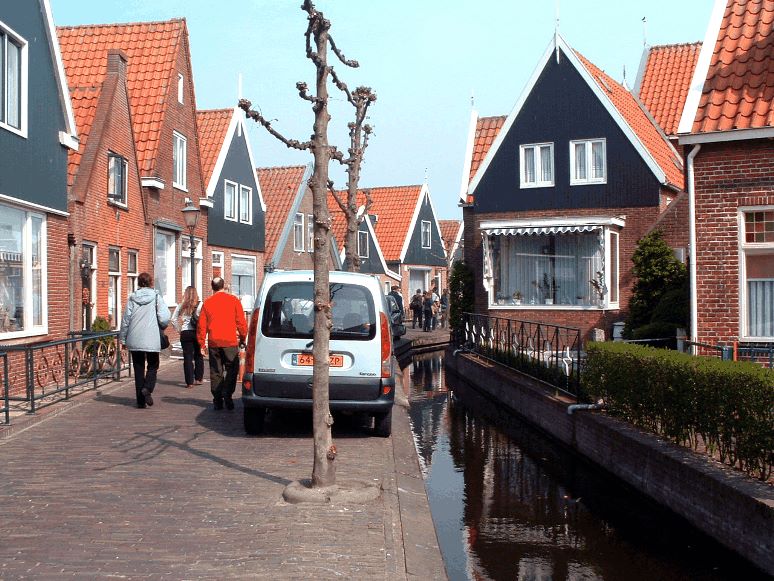
| Where Are You? | ||
| Writer: | Sonja Krüger | |
All images are Copyright - CC BY-SA (Creative Commons Share Alike) by their respective owners, except for Petey, which is Public Domain (PD) or unless otherwise noted.
|
Searching for language resources? Scriveremo Publishing, has lots of fun books and resource to help you learn a language. Click the link below to see our selection of books, availlable for over 30 langauges!
| |
comments powered by Disqus
